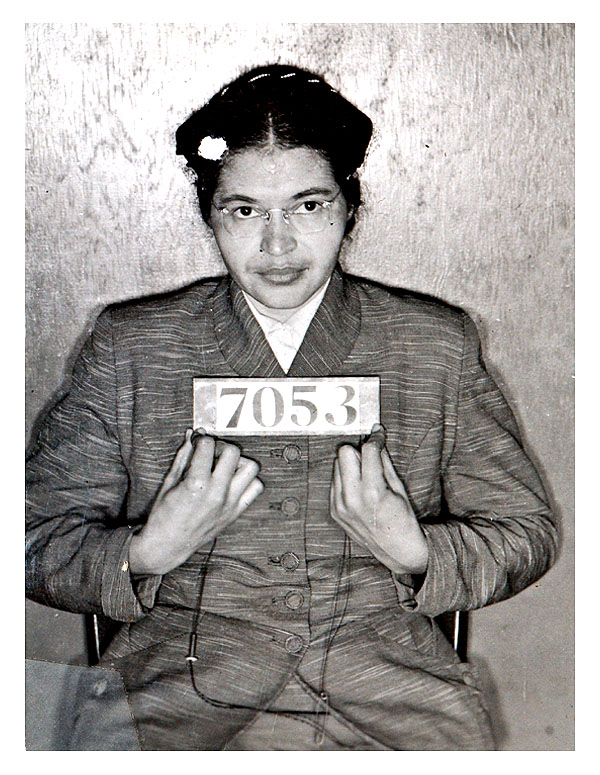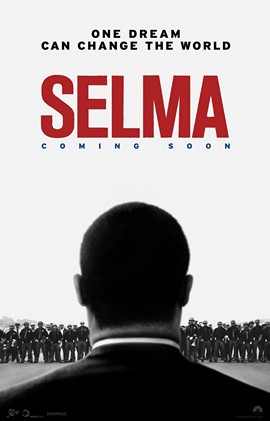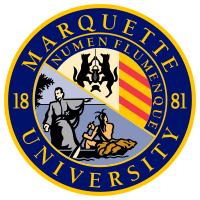
Marquette is celebrating the legacy of Martin Luther King, Jr. and the civil rights movement this week through on-campus activities such as presentations, vigils and a dinner.
The keynote speaker of the week is Margaret “Peggy” Rozga, who worked on fair housing legislation and other civil rights causes in Milwaukee and is a professor emeritus at the University of Wisconsin-Waukesha.
Rozga spoke at a Marquette “Soup with Substance” event Wednesday afternoon. She also presented on her experiences with civil rights in Milwaukee Wednesday night.
The Soup with Substance presentation focused on Rozga’s personal experience working in the Milwaukee area. She discussed specific stories of how she and her youth group came to focus on fair housing legislation, stressing how this was the dominant issue at the time for the African-American community. She discussed some of the communal frustration with the lack of legislation as well as the successes they eventually achieved.
“Historians today are rethinking the civil rights narrative,” Rozga said. She added that modern historians are looking more at what she called the “long civil rights narrative,” which focuses not just on the well-known actions taken by the African-American community in the South but also on civil rights actions taken across the country into the modern day.
“Our intention in having Peggy speak on campus was to help provide a local context for the ongoing nature of civil rights and social justice education,” said John Janulis, coordinator for intercultural engagement in the Office of Student Development.
Another event this week was a presentation by the Rev. Bryan Massingale, a Marquette professor of theology, celebrating the 50th anniversary of King’s “Letter From A Birmingham Jail.” Massingale described it as a great experience.
“The question-and-answer period was very rich and went overtime,” Massingale said. “It shows me that there is not only strong interest in King’s life on this campus but also a hunger to connect social issues with a faith perspective.”
Massingale chose the letter because it was important to the civil rights movement and is also required reading in Marquette’s Theology 1001 course, which is required for all students.
“My goal in the presentation was not only to call attention to some of the major themes of King’s text but to show how is it still relevant today,” Massingale said.
Massingale said the important part of King’s legacy is focusing on the unfinished work of justice in the present.
“I’m thinking of issues of the just treatment of immigrants, of LGBT persons, of the plight of low wage earners, of the racial disparity in our prisons, and of the chasms of income and wealth disparity in our country,” Massingale said. “King reminds us that his ‘dream’ is not yet realized, even with the re-election of an African-American president.”
Janulis also felt that there were several enduring themes from King’s body of work that are still applicable to modern society.
“I think what we learn from King’s legacy is that we have a moral responsibility to pursue the tenets of humanity and equality in our everyday lives,” he said.
The MLK Days of Engagement are sponsored by the Office of Intercultural Engagement. Throughout the week, students will have the chance to take part in discussing and hearing about the legacy of the civil rights movement.
“We hope that students who attend the events offered during MLK Days of Engagement will learn more about King’s messages of nonviolence, peace and social justice,” Janulis said. “We hope that students will recognize that social inequalities of opportunity and condition are still present in our society today and that King’s messages of fighting oppression with nonviolence and empathy are still relevant.”






